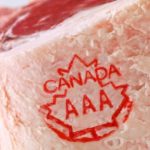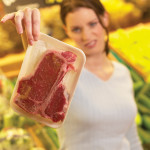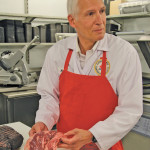Mexico City | Reuters — Mexico has halted a bid to impose retaliatory trade measures on the U.S. over meat labeling rules after U.S. lawmakers repealed them this week, a Mexican government official said. Mexico had announced earlier this month it would start internal procedures to strip benefits from some U.S. agricultural and industrial imports,













